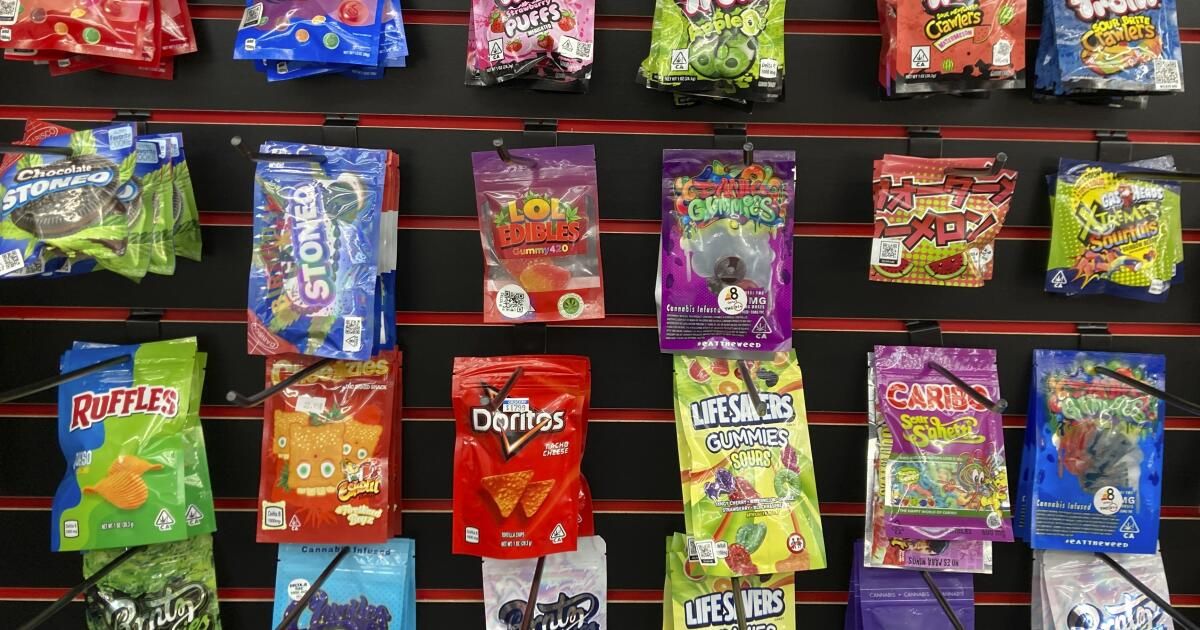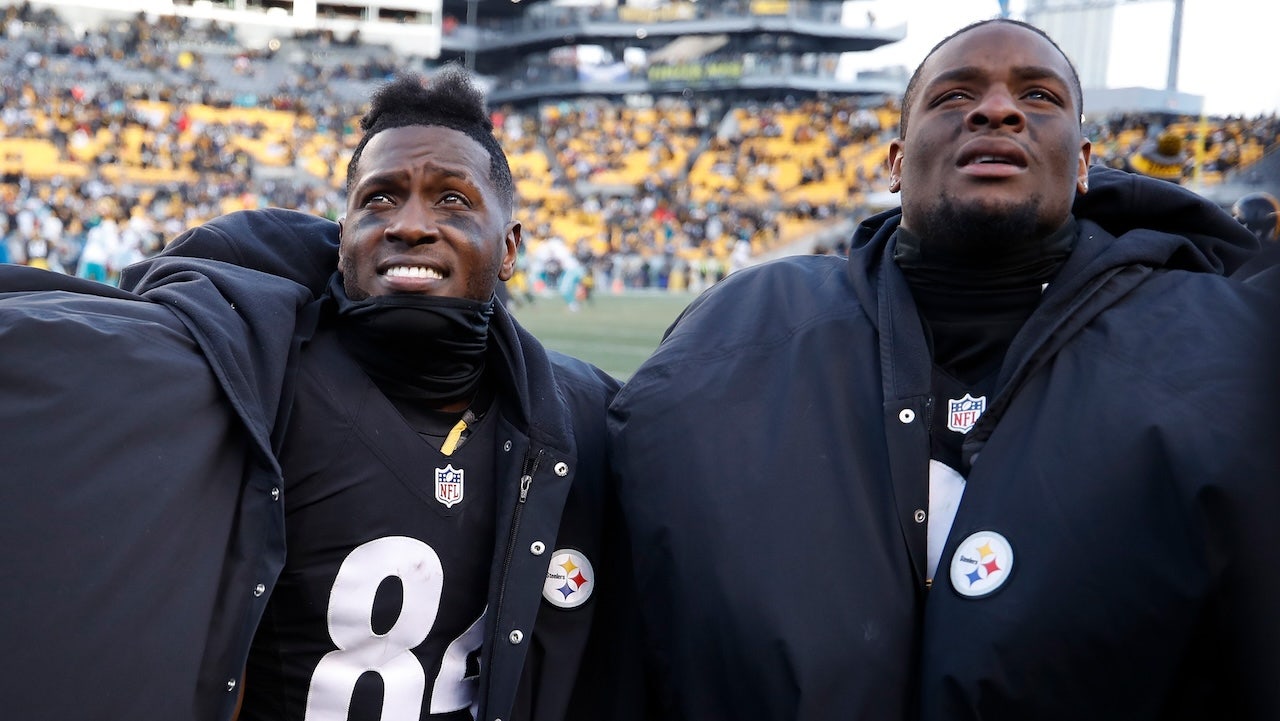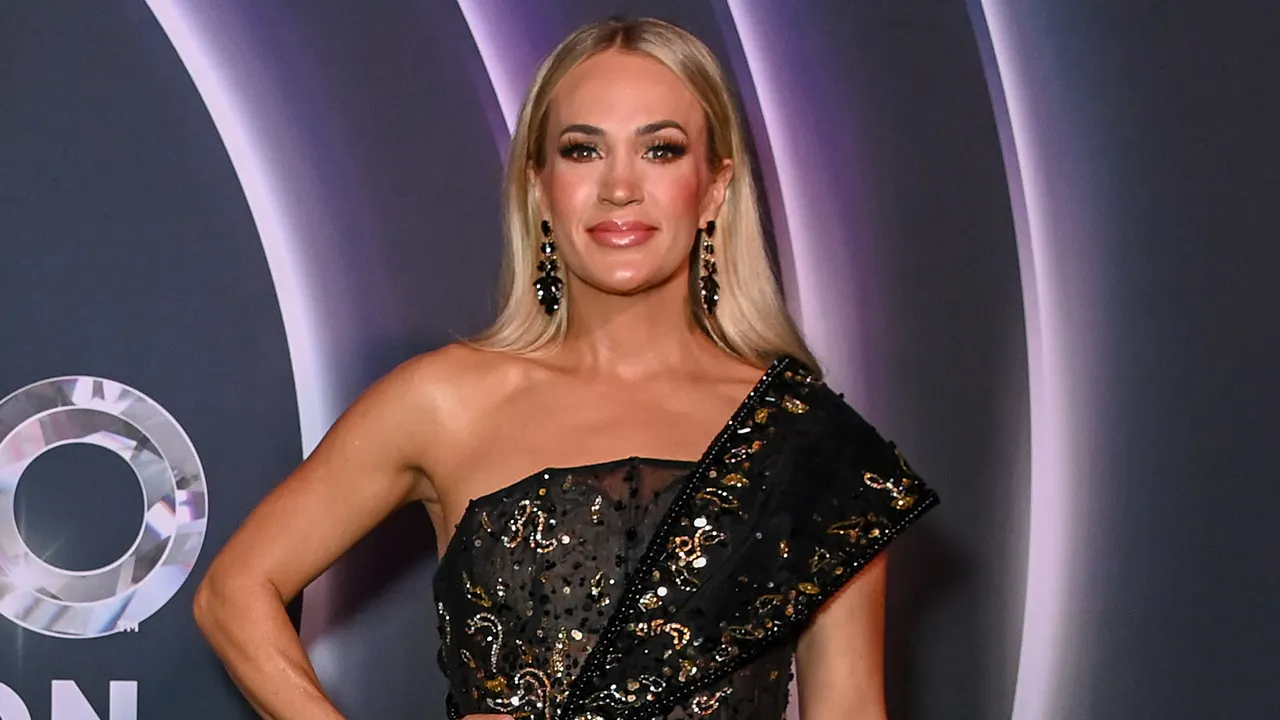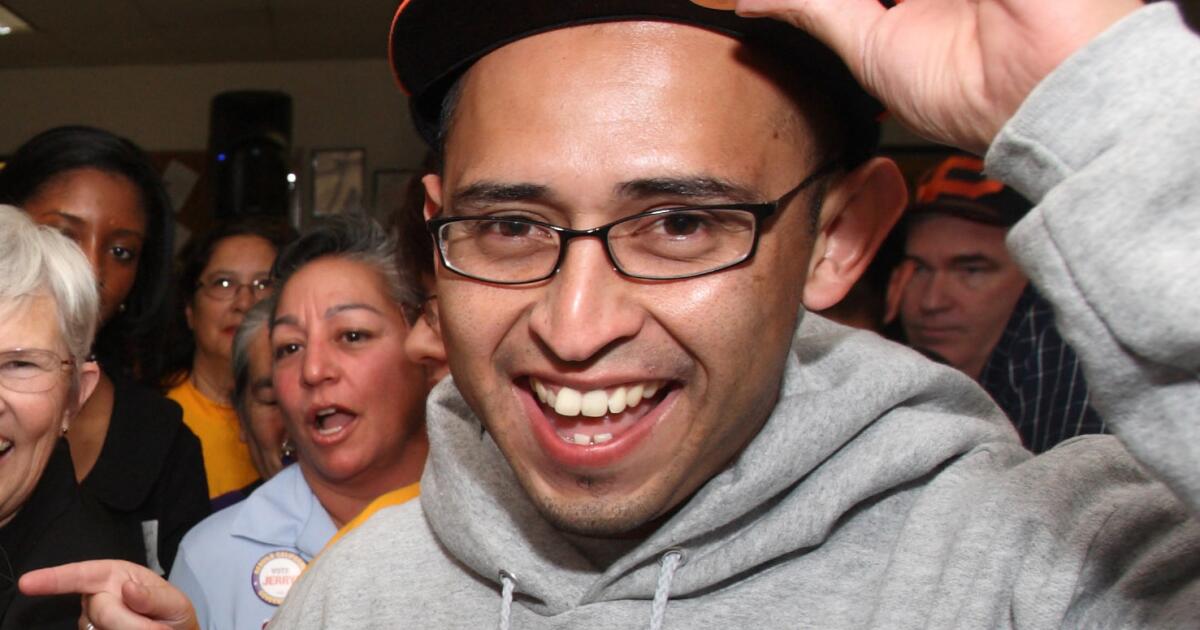You may have heard the extraordinary story of Charlotte Figi, the little Colorado girl who was dying from violent, relentless seizures until her parents decided to try cannabidiol, or CBD, a non-psychoactive ingredient in cannabis and hemp that helped other sick children.
It turned out that CBD did for Charlotte what all the pharmaceuticals in the world couldn't: it saved her life.
For nine years, until she died at age 13 in 2020, Charlotte was virtually seizure-free. Her story was chronicled by CNN's Sanjay Gupta, who said Charlotte's experience had completely changed her view of cannabis and its medical potential.
Gupta's 2013 special on the topic, “Weed,” gave much-needed hope to Beth Sahyoun, a Reseda daycare teacher whose son Armand, then 20, had suffered incessant seizures for six years.
“I was totally reluctant,” Sahyoun told me. “I'm not familiar with cannabis. We had been part of the medical establishment and this seemed very, very uncomfortable to us, but when you are desperate, you enter uncharted territory. You have to.”
He soon found Dr. Bonni Goldstein, a Los Angeles pediatrician and leading cannabis doctor who helped Armand use CBD to stay nearly seizure-free for nine years.
I met Goldstein years ago while writing about Proposition 64, the 2016 ballot measure that legalized recreational marijuana in California. She reached out to me recently, concerned that the California Legislature appears to be on the verge of making it impossible for her patients to get the CBD products they need to live a normal life.
The legislation in question, Assembly Bill 2223, is a well-intentioned attempt to close a loophole in state cannabis laws that has allowed unregulated, intoxicating and hemp-derived products to flood the market. It has already passed the Assembly with bipartisan support and is now before the Senate.
The federal government legalized the commercial production of hemp, a form of cannabis typically grown for non-intoxicating uses, in 2018. Under federal law, hemp cannot contain more than 0.3% tetrahydrocannabinol, the psychoactive ingredient in cannabis. marijuana known as THC, by weight. If that percentage is exceeded, the plant is considered cannabis, which, unlike hemp, is highly regulated, tested and taxed and can only be legally sold in dispensaries.
Here's the loophole: A synthetic form of THC can be extracted from hemp-derived CBD. That substance, called delta-8 THC, is psychoactive. Because it is said to have a milder effect than the THC in cannabis, delta-8 products are often called “light weed” or “diet weed.” And because hemp is not regulated like cannabis is, anyone can purchase delta-8 products online or at gas stations and convenience stores. A worrying number of teenagers claim to have used the product, the safety of which has not been subjected to any systematic evaluation.
“During the conversion of CBD,” Goldstein said, “you get unwanted byproducts. When you buy an unregulated and untested delta product, you are taking control of your health.”
Dr. Bonni Goldstein, a pioneer in the use of CBD for pediatric patients, at Hesse Community Park in Los Angeles last week.
(Zoe Cranfill / Los Angeles Times)
Legal cannabis dispensaries, whose owners have overcome almost unthinkable bureaucratic and financial obstacles, are understandably unhappy with a product that appears to undermine their business and endanger the public.
Assembly Majority Leader Cecilia Aguiar-Curry, D-Yolo County, authored AB 2223, which would ban these “weed-light” products. The bill would ban any hemp product that contains more than 1 milligram of THC per container.
“The bottom line,” Aguiar-Curry said in a statement, “is that if it gets you high, it shouldn't be sold outside of a dispensary.”
In a statement emailed to me on Friday morning, he added: “We are trying to strike the delicate balance between helping children with health needs and preventing other children from having access to illegal drugs.” His bill, he said, “ensures that CBD can be sold in the state as long as it has a small amount of non-intoxicating THC. “Products containing higher levels of THC would be available in dispensaries, where they cannot fall into the hands of young people.”
The problem is that Goldstein's patients would break the law. They are typically treated with a CBD to THC ratio of about 20 to 1 or higher, but they take enough to exceed the proposed THC limit.
“If my patient takes 20 milligrams of CBD, they also receive 1 milligram of THC,” he said. “But if they get 200 milligrams of CBD, this same proportion provides them with 10 milligrams of THC. If you take 1,200 milligrams of CBD, you will get 60 milligrams of THC. There is no intoxication because we first start with a low dose and increase it, which minimizes any harmful effects. Second, the much larger amount of CBD buffers the effects of THC, as CBD antagonizes the effects of THC.”
Armand Sahyoun, 29, has a formula of 25 to 1; He takes 1,600 milligrams of CBD a day, with 64 milligrams of THC.
“There is no deterioration because it took months to reach this dose,” Goldstein said. “It works wonderfully.”
In dispensaries, he added, “you're lucky if you can find a bottle that contains more than 600 milligrams of CBD. Which means that a child using these high doses would consume an $80 bottle a day.” Beth Sahyoun told me that her son's medication costs $900 a month.
Paige Figi, Charlotte's mother, founded the nonprofit Coalition for Access Now, which educates the public and policymakers about the health benefits of CBD.
“We are collateral damage of these hastily drafted state bills trying to fix the delta-8 problem,” Figi told me. “Forty-five million Americans take a daily dose of CBD for their health: first responders, grandparents, children with epilepsy, veterans, people in pain. “These people are happily using this product.”
If there is no housing for families like the Sahyouns, the state Senate should not pass AB 2223. And if both chambers pass it in its current form, Governor Gavin Newsom should not sign it.
“You have your child who is sick as a dog, you have no hope, you find CBD hemp that is not harmful or intoxicating,” Goldstein said. “His son is thriving and now the government says he can no longer have him? He is almost too cruel and stupid to understand.”
A glimmer of hope emerged late last week: After trying in vain to contact Aguiar-Curry for some time, Goldstein finally heard from his office. The doctor hopes to meet with the legislator to discuss her concerns this week.












